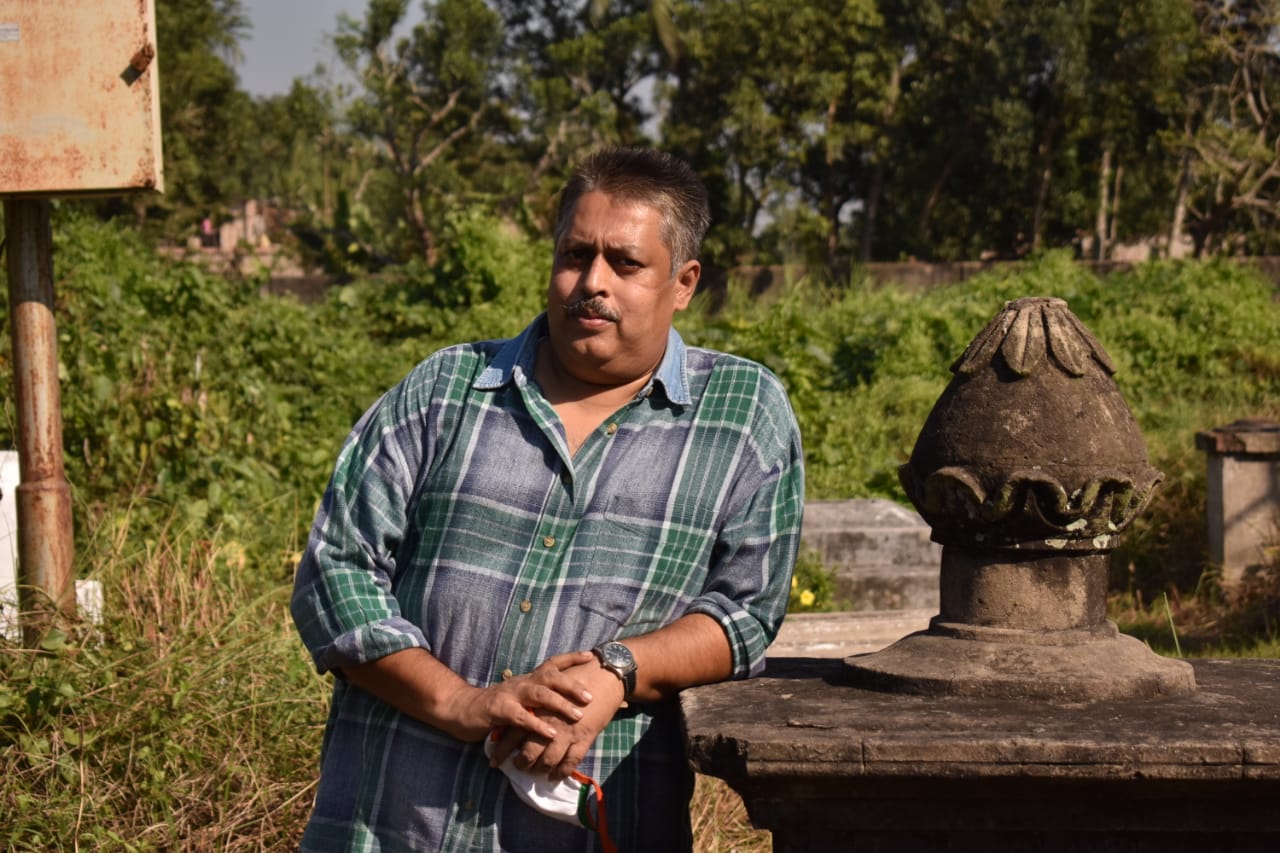Rajasthan nuclear reactor nears operational stage as fuel loading begins at RAPP-7
Loading of natural oxide fuel at RAPP-7 at Rawatbhata began on Aug 1 after obtaining the necessary approvals from the Atomic Energy Regulatory Board. This will be followed by attaining criticality (start of a fission chain reaction) and generation of electricity.
